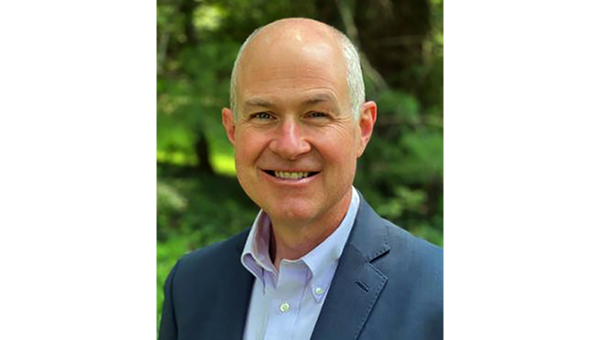Future presidents could learn from our first president
Published 12:48 pm Friday, February 18, 2022
|
Getting your Trinity Audio player ready...
|
Monday is Presidents’ Day in the United States, when Americans pause to honor their national leaders, beginning with the first president, George Washington. The history of Presidents’ Day is a bit convoluted.
This holiday began in the 1880s to honor George Washington’s Feb. 22 birthday. In 1968, Congress passed the Uniform Monday Holiday Act, leading to certain holidays falling on Mondays rather than specific dates and giving Americans a few three-day weekends. While the federal holiday still technically stands as “Washington’s Birthday,” it has in recent decades come to be widely recognized as Presidents’ Day. This celebrates the office of the presidency and those who have joined Washington in serving in it — particularly another former president with a February birthday, Abraham Lincoln.
While several states still have individual holidays honoring the birthdays of Washington, Abraham Lincoln and other figures, Presidents’ Day is now popularly viewed as a day to celebrate all U.S. presidents, past and present.
As America once again celebrates Washington long after his deaths, his words remain instructive at a difficult time for our country – a time in which there is so much division and when our leaders in Washington can’t seem to agree on anything.
Each year in observance of Washington’s birthday, a member of the U.S. Senate reads the first president’s farewell address. It’s an annual reminder of Washington’s timeless warnings about regionalism, partisanship and foreign interference in our domestic affairs. Those continue to be forces that, if left unaddressed, threaten the American democratic experiment.
In that address, written with help from Alexander Hamilton and James Madison (according to historians), Washington also demonstrated a level of humility and introspection that is often lacking from many of today’s political leaders.
“Though, in reviewing the incidents of my administration, I am unconscious of intentional error, I am nevertheless too sensible of my defects not to think it probable that I may have committed many errors,” Washington said. “Whatever they may be, I fervently beseech the Almighty to avert or mitigate the evils to which they may tend. I shall also carry with me the hope that my country will never cease to view them with indulgence; and that, after forty five years of my life dedicated to its service with an upright zeal, the faults of incompetent abilities will be consigned to oblivion, as myself must soon be to the mansions of rest.”
That stands in stark contrast to current political discourse, when few seem able to muster three important words: “I was wrong.” At the very top of that list is former President Donald Trump, who after fueling the Jan. 6 attack on the U.S. Capitol, declined to accept any responsibility and insisted his comments before the violence were “totally appropriate.” Not exactly a Washingtonian level of self-reflection.
Our first president’s departure from office is so revered not just because of the words he offered at his farewell, but also because of the context in which those words and that departure came. There was no 22nd Amendment in 1796. A 64-year-old Washington could have served a third term, but according to historians he worried that he could die in office and cast the presidency from its inception as a position held for life.
Presidents are temporary servants of the people. The way Washington left office helped ensure that American reality.





